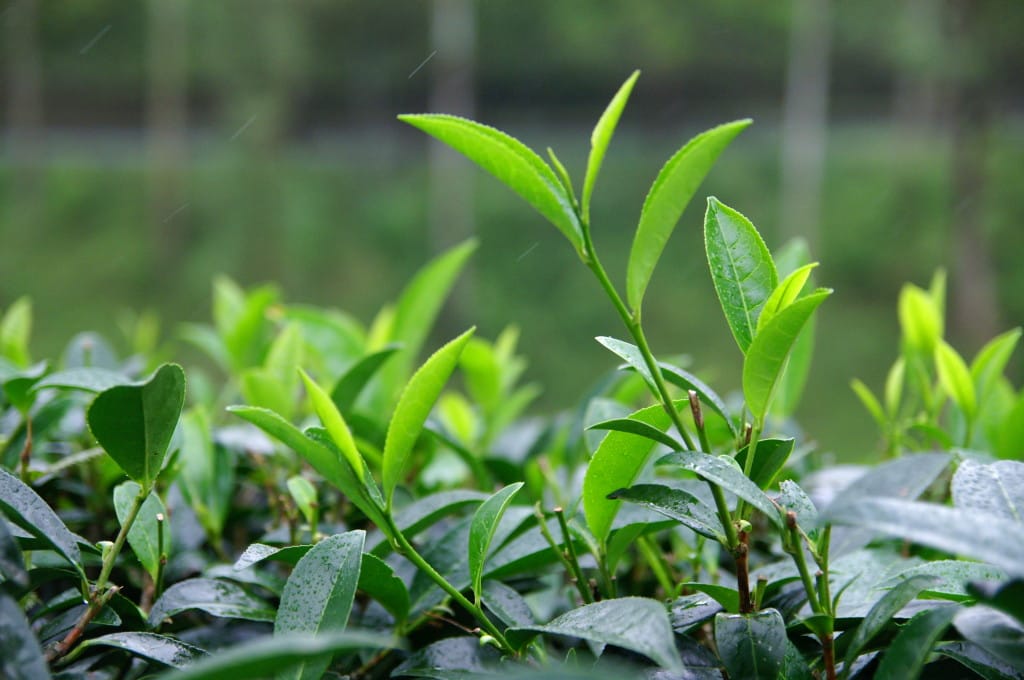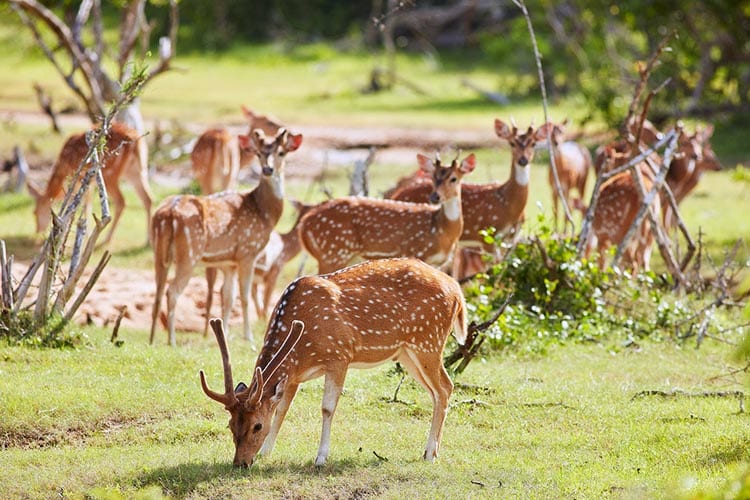
Introduction
The human who lives on dry land sees only the surface area of the ocean and sea life living within that area. The ocean is the home of around 80% of the life on the earth. Besides that, the ocean is the place that is controlled the excessive Carbon dioxide emitted during human activities. Furthermore, generating the air we breathe, foods for human beings, maintaining the economy of the busy world, and executing against climate change are some valuable consigning the ocean. Humankind is considered as the most intelligent being on the earth. Since evolution, discovering amazing creations eased off human cumbersome work and vice versa fringe benefits were affected in the environment bad. According to an urged article published on the United Nations Official website, “By 2050 there could be more plastic than fish in the ocean”. Everyone has the responsibility to take care of the ocean against its pollution. Become the part of the Save Ocean liability.

Breath Inside the Ocean
The biggest salty water-covered part of the earth is the ocean. This biggest covered part divided into five parts. They are the Pacific, the Atlantic, the Indian, the Southern, and the Arctic Oceans. The five parts are deep wide as well as wide. The five parts are deep as well as wide. Scientists think, that 91 % of the marine species have not yet been identified. The home to the largest animal ever on the earth named blue whale is in the ocean. It is as long as two school buses! The ocean teems with plant life. Most are tiny microscopic algae named “phytoplankton”. They do a huge job for the earth. Through out the photosynthesis, they are produced half of the oxygen necessity for humans and other land-dwelling creature breathe. Bigger algae such as seaweed and kelp are growing in the ocean and supply food and shelter for marine animals. Coral reefs called the rainforest in the ocean also provide food and shelter for the many kinds of sea animals. The rainforest name is given to the coral reef a variety of animals such as seahorses, clownfish, and sea turtles found living close to it.
Ads by thalgaha.com

How Humans depend on the Ocean
Nearly half of the world's human lives within 50 miles of a coast. All of us depend on the ocean and the resources it provides. Whether it be for the food we nosh or the oxygen we breathe.
- More than 3.5 billion people depend on the ocean for their primary source of food.
- The human consumption of the protein is provided by the fish. The most human consumption protein is provided by the fish.
- The major role of the freshwater cycle depends on the ocean. The ocean creates clouds that bring rain replenishing our freshwater supply.
- The ocean is an invaluable and endless source of renewable, clean energy and we should be harnessing this energy more frequently and more effectively.
- Ocean-bound shipping accounts for more than 90 % of global trade.
- Industries such as fishing, tourism, and transportation provide indispensable revenue to the globe.
- Be surprised, that the bulk of Biomedical products are derived from marine plant and animal sources. Marine ingredients have numerous medicinal and health benefits.

Humans' Bad Gratitude to the Ocean
Activities performed by every person on this earth affect to directly or indirectly to the ocean. The thing to feel lamentable is most of the human activities pollute the ocean and its environment in a way that cannot be rebuilt. The other important thing is we have only one planet called Earth to live and it has only one ocean. Convey your creative minds to the following matters and realize what humans actually did only to inhabit the present. But what will happen to the future beings,
- Virtually all ocean habitats have been affected by the removal of corals and land reclamation. Further mining and drilling, dredging for aggregates for concrete and other building materials, and destructive anchoring.
- Since the Industrial Revolution, humans have increased the carbon dioxide beyond its limitation in the atmosphere. This marches off to the ocean acidification and ocean warming, amongst other climate-related negative effects.
- Discarding the poisonous chemicals to the ocean scathe into the sea life and their lives and their generations.
- Underwater noise from construction, shipping and naval vessels significantly impacts the natural behavior of the cetaceans and many other marine species.
- Millions of tonnes of plastic have been cast up into the ocean and their bad effect will last a lot longer.
Among thousands of bad gratitudes of humans to the ocean, there are only five things published here.
What we can do
There are few things we can do. Do not wait for others to be done, just inaugurate from you today others will follow the way you then.
- Use less water so excess runoff and wastewater will not flow into the ocean.
- Choose nontoxic chemicals and dispose of herbicides, pesticides, and cleaning products properly.
- Cut down on what you throw away.
- Choose sustainable seafood. Buy less plastic and bring a reusable bag.
- Use fuel efficient vehicles, carpool or ride a bike.
- Choose energy efficient light bulbs and don't overset your thermostat.
- Follow "catch and release" practices and keep more fish alive.
- Anchor in sandy areas far from coral and sea grasses. Adhere to "no wake" zones.
- Healthy habitat and survival go hand in hand. Treat with care.
- Volunteer for cleanups at the beach and in your community. You can get involved in protecting your watershed too!
More Blog

Ceylon Tea
Ceylon tea is a special type of tea that comes from Sri Lanka, an island in the Indian Ocean. It is famous all over the...

Wild Lives in Sri Lanka
Sri Lanka is home to a wide variety of wildlife, thanks to its diverse ecosystems, which include rainforests, wetlands,...

Costumes in Sri Lanka
The traditions, history and many more things of a country can be identified with the costumes the people wear. Ev...

Tusker Nedungamuwa Raja
The most attractive scene in “Dalanda Perahera” is Nedungamuwa Raja carrying the tooth of lord buddha. This...

The Rock Fotress on Sigiriya
Sigiriya is the one of the famous places in Sri Lanaka. King Kashyapa made this place protecting himself against his br...
